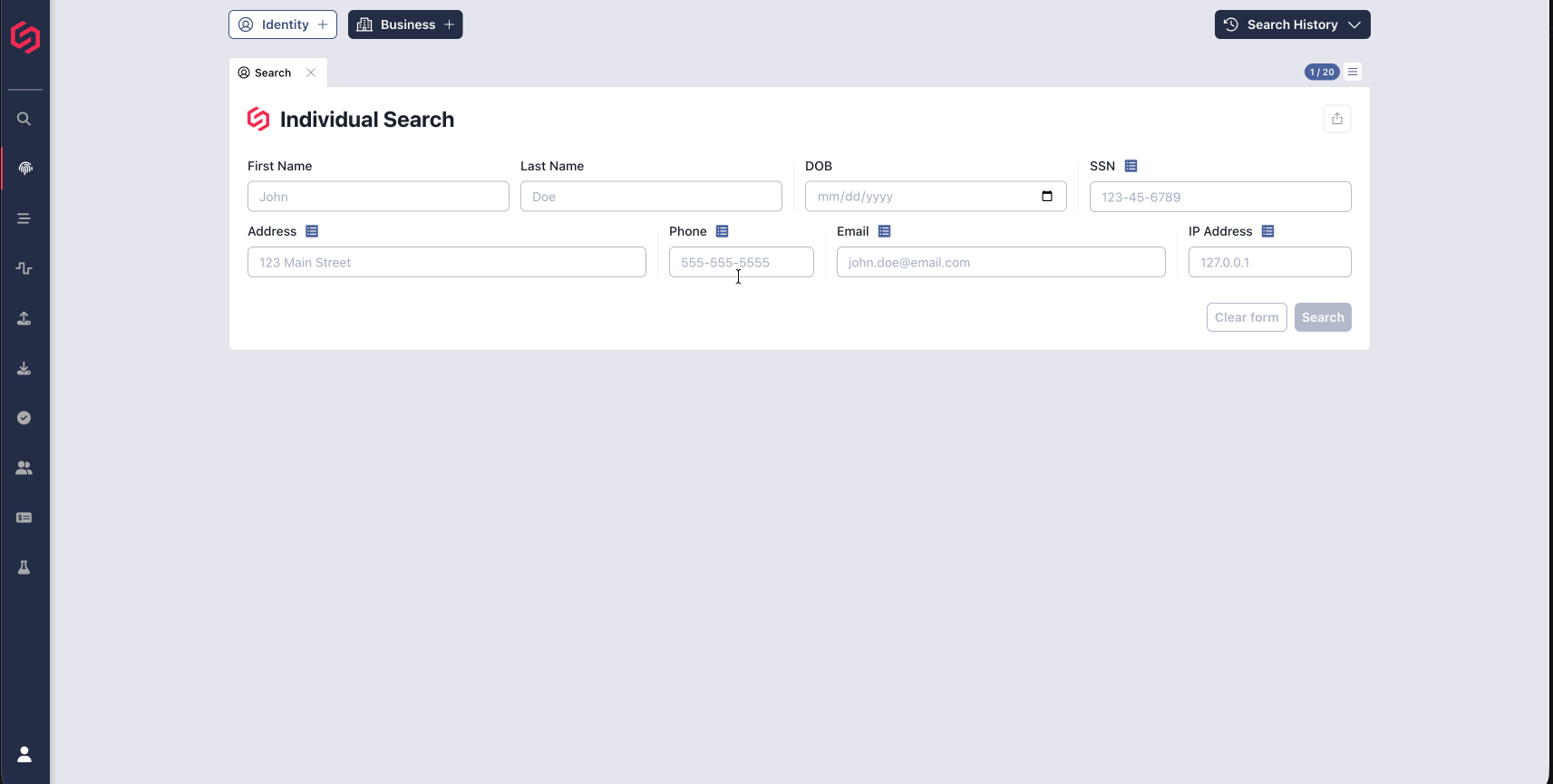Blog post
Business Fraud Explained: Understanding Aged Shelf Companies
Abhi Puranam
Published
April 8, 2025

Introduction
In this series on business fraud, we explore different fraud methods commonly seen in business lending and banking. Fraudsters targeting small businesses banking and credit products can be particularly difficult to detect and prevent. First, the financial losses in business fraud can be significantly higher than those seen in consumer products. Second, information about small businesses is often slow to update, and documentation and reporting requirements can vary greatly by entity type and jurisdiction.
With these challenges in mind, this article dives into one specific tactic used by fraudsters: aged shelf companies. By understanding how these companies are used and how they present during application processes, institutions can evolve their business screening practices to better detect and prevent fraud.
What is an Aged Shelf Company?
Aged shelf companies are legitimate corporate entities that were established at some point in the past but have remained inactive. They are often listed for sale on online marketplaces, as shown below:
These companies are "shelved"—they exist on paper but do not conduct any real business. Shelf companies were originally created as a legitimate shortcut for entrepreneurs who wanted to avoid the time and paperwork of starting a new business from scratch. But, after a year or more of inactivity, they gain the appearance of credibility and longevity, which makes them attractive to fraudsters. Once purchased, these companies can be used to apply for high-value credit products, banking services, or even government funding.
The older the company, the more valuable it becomes for those seeking credit—and the higher the price it can command on these marketplaces:
Some marketplaces go a step further by offering bundled services that enhance the appearance of legitimacy. Listings might include the business in search engines like Google or Bing, or directories such as Yelp and Yellow Pages:
These add-ons help the company pass common due diligence or know-your-business (KYB) checks, and are advertised as "credit-ready" features. In effect, a fraudster is purchasing a turn-key identity that can deceive basic verification methods used by many financial institutions.
How to stop this fraud MO
During our investigations, we've identified numerous marketplaces and vendors that specialize in selling aged shelf companies. These businesses often share a common pattern, detectable across public records and application activity:
-
Ownership Change: A new officer or officers are added to the company—presumably coinciding with its sale to a new owner.
-
Application Surge: The company suddenly begins applying for credit cards or small business loans across multiple institutions.
-
Fraudulent Outcomes: High-dollar fraud losses, charge-offs, or legal judgments start appearing in connection with the business.
These marketplaces are easy to find with a quick Google search; all using marketing language like "credit-ready" to describe their offerings.
To mitigate this fraud risk, financial institutions should consider adapting their business onboarding programs to identify potential shelf companies.
Related Content
.png)
Blog article
February 20, 2026
Romance Fraudsters Have Found a New Target: Your Home Equity
Read article
Blog article
February 19, 2026
Introducing SentiLink Intercept: Precision Tools for High Stakes Fraud Decisions
Read article
Blog article
December 2, 2025